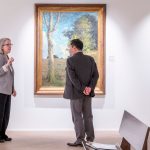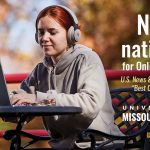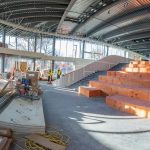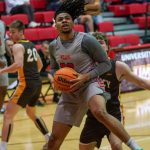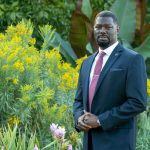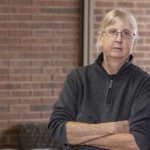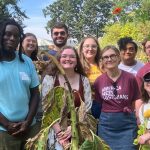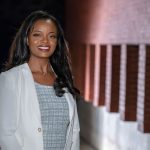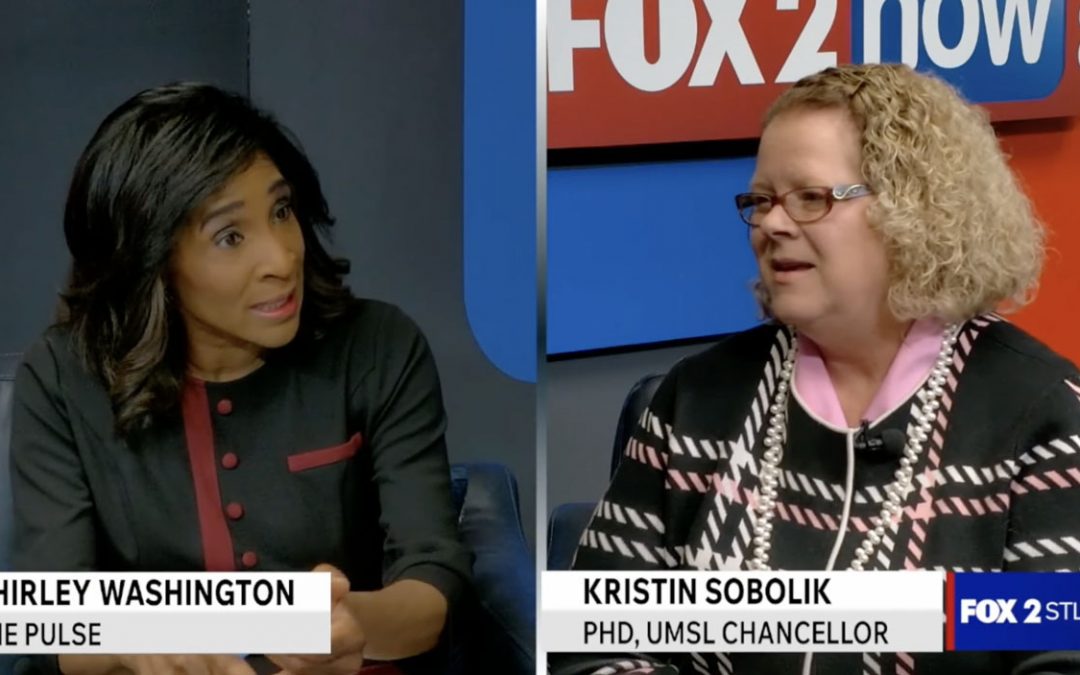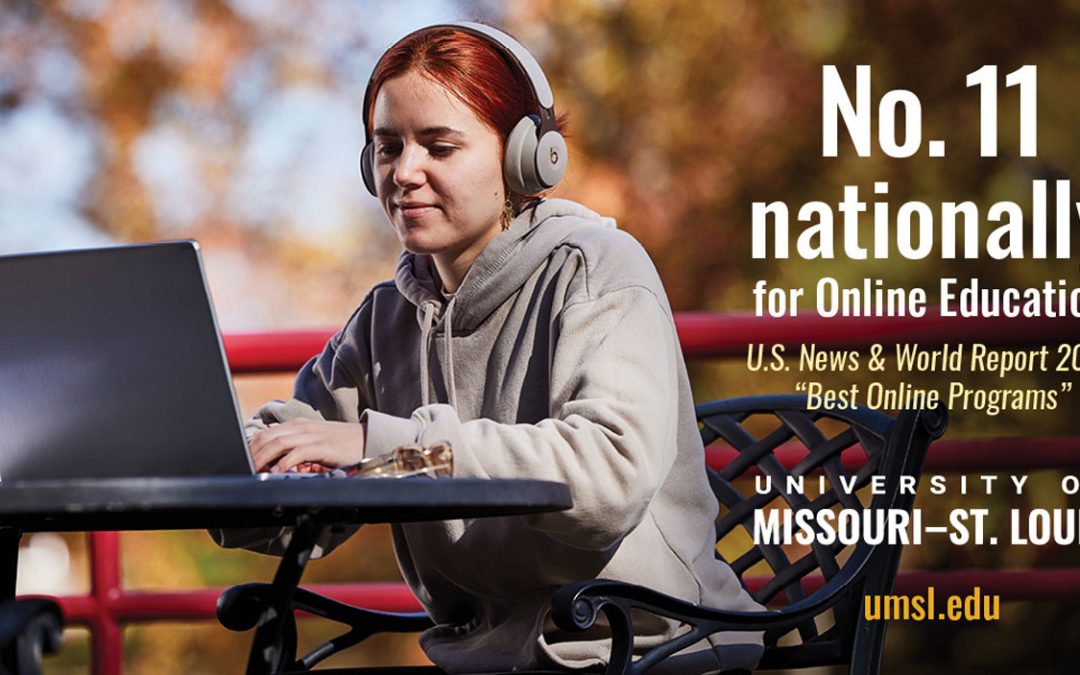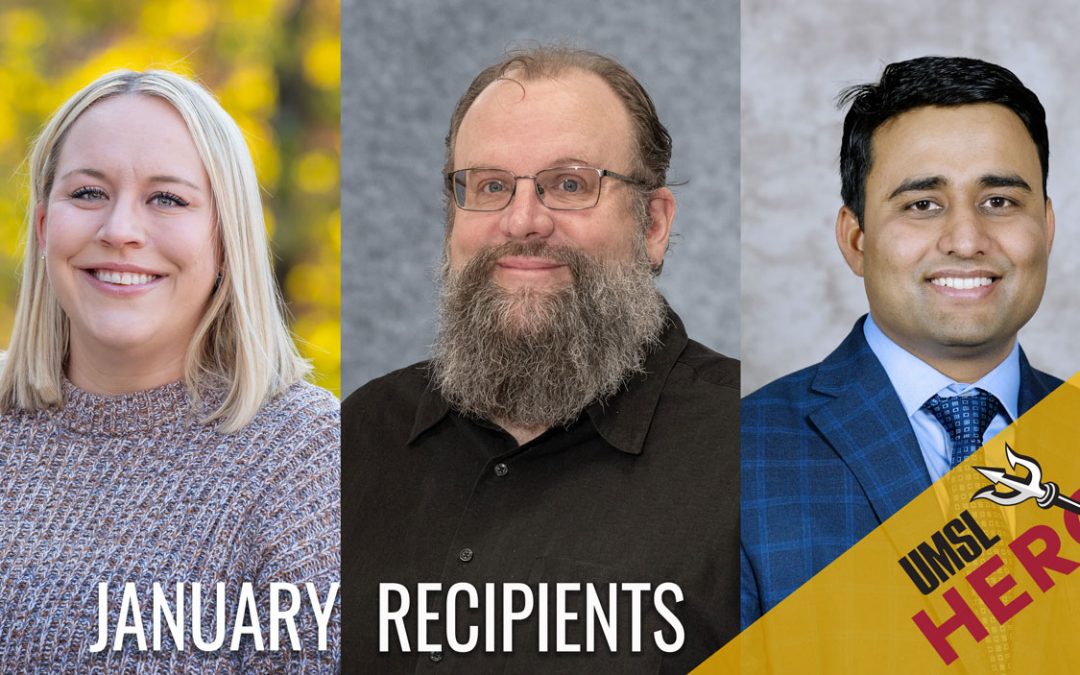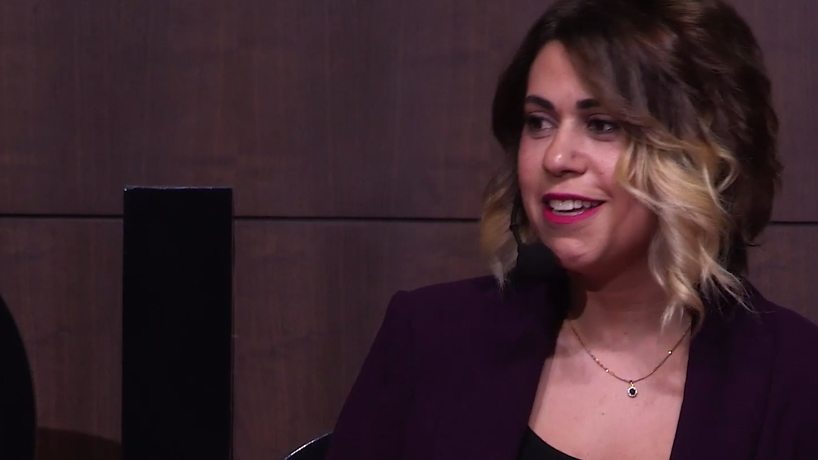
Rewa Zeinati, an alumna of the university’s MFA in Creative Writing program, discussed her experience as a post-9/11 newcomer to the U.S. during a recent presentation at Phoenicia University, where she teaches English and writing. She eventually returned to her home country of Lebanon after earning her UMSL degree in 2008.
Disappointment is what Rewa Zeinati remembers most vividly about her initial move from the Middle East to the American Midwest in the early 2000s. After traveling thousands of miles to her new home, she couldn’t believe what she was hearing about the region she’d just left.
“I wasn’t interested in politics before I moved to the U.S., but the amount of lies and misrepresentation was too much to ignore, so very soon after, everything became political for me,” the Lebanese immigrant says now.
She’d arrived in the wake of Sept. 11 and quickly began to sense that many of the realities about the people and places dearest to her heart were being distorted.
“I remember questioning and resisting a lot of it while watching it from my own little defiant cocoon,” Zeinati says. “I was, in many ways, disappointed by the illusion of this civilized, progressive place I grew up idolizing from a distance.
“There was also a lot of debate at the time about whether the news should or shouldn’t show any graphic images of death and destruction in Iraq, and I was thinking, ‘Are you kidding me? This is what you’re worried about?’”

“That’s when a whole new world opened up around me,” Rewa Zeinati says of her acceptance into UMSL, where she found herself surrounded by people who loved and appreciated language as much as she did. (Photo courtesy of Rewa Zeinati)
Those early experiences as an Arab newcomer to the U.S. fueled her email correspondences with loved ones and acquaintances as she grappled with it all – and, in the meantime, grew her passion for writing.
“People began to write back to me and tell me how much they enjoyed my stories and that they were looking forward to more,” says Zeinati, now an alumna of the University of Missouri–St. Louis’ MFA in Creative Writing program. “It became obvious that something was happening: People other than my mother actually wanted to read my craft.
“It also became obvious how much time and energy I was investing in composing these stories, and I began to realize that, really, I wanted nothing more than to spend the rest of my time doing just that.”
Several years later, as she notes in a TEDxPhoeniciaU talk she gave this past November, “a whole new world opened up” around her – at UMSL.
“It was the kind of conviction I was looking for in terms of the importance and relevance of writing, regardless of where I was from,” Zeinati, then the only Arab writer in the program, explains in an email conversation with UMSL Daily. “I got the kind of affirmation that I longed for, not approval or permission, but affirmation as an artist. That this, these words, matter.”
The intensive writing workshops at the center of the program challenged Zeinati, who describes herself as a fairly reserved and cautious person at the time, to open up more as an artist.
“I appreciated the openness and candor of my UMSL peers and mentors,” she recalls. “I felt included and embraced, by faculty and by students, and these relationships have definitely changed me in positive ways. I also appreciated what I deemed as effortless exchanges between faculty and students. It’s a kind of camaraderie that I learned to cultivate myself in my relationships with my students now.”
Currently an English instructor at Phoenicia University near Beirut, Lebanon, as well as a writer and editor, Zeinati also founded an online literary journal, Sukoon, in 2013 that continues to serve as a space for Arab Anglophone voices as well as non-Arab poets, writers and artists with an Arab-themed piece to share.
Zeinati just recently put the finishing touches on the ninth issue of the publication, which includes interviews, poems, stories, essays and visual art. Sukoon is part of what Zeinati views as something long overdue and necessary within the Anglophone literary landscape.
“As Arab-American poet George Abraham mentioned in our latest issue, ‘We are living in a day and age where poetry is becoming increasingly diverse, with poets of color subverting euro-centric norm and traditions; a day and age where my children will grow up actually being able to see themselves in English Literature,’” Zeinati explains. “This is exactly why I started Sukoon – to create a space for our previously marginalized Arab or Arab-themed voices to rest and find each other and to complement other platforms working toward the same purpose.
“With each new issue, more and more emerging writers and artists are sharing their beautiful work, among established names in the literary scene. And the fact that it’s online makes it reach the world more quickly and more widely.”
Asked to share a few of the pieces she’s helped to showcase recently, the UMSL alumna suggests works by Olivia Ayes (a fellow UMSL graduate), Hazem Fahmy, Sahar Mustafa, Mohja Kahf, Aziza Quzeiz, Jess Rizkallah and Frank Dullaghan, along with Abraham.
Zeinati is also excited about how her students are “getting up the courage to share their creative writing in public” both at readings she organizes for Sukoon and at other events in the Beirut region.
Additionally, she continues to share her own work, including in UMSL’s Natural Bridge, which will publish her poem “What We Will Tell” in its upcoming issue.
“The truth is that I only have good memories of my time at UMSL, and I’m happy to say that I’ve stayed in touch with several classmates and faculty members,” Zeinati adds. “I also partnered with my mentor, Dr. Steven Schreiner, for a poetry event in Kuwait a couple years ago. I look forward to more of such collaborations.”




